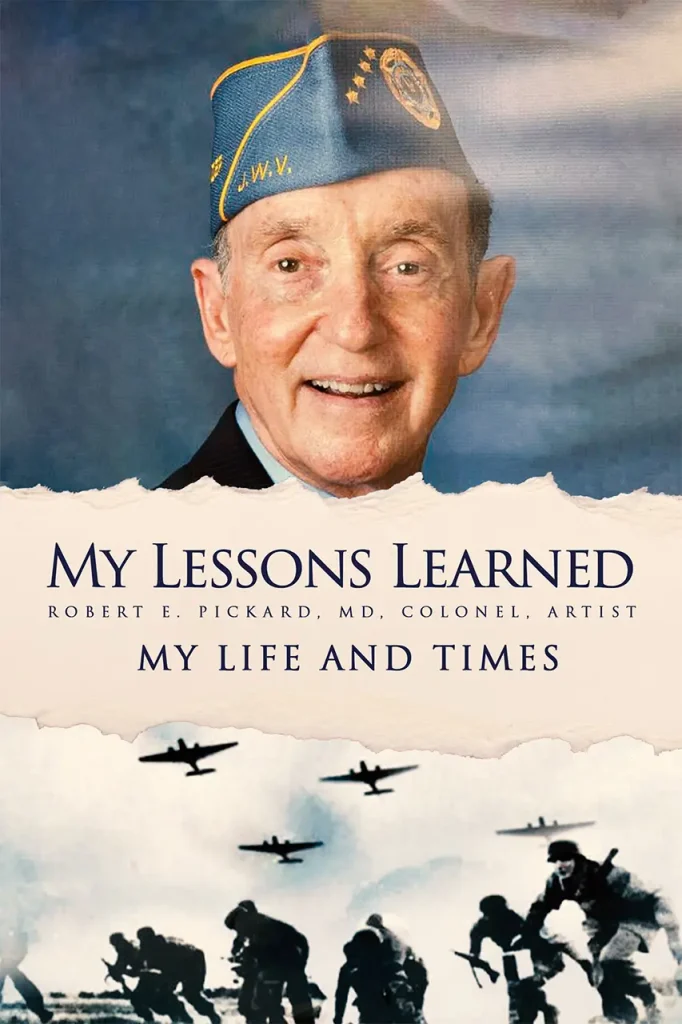About The Book

My Lesson Learned
One of the important lessons from “The Lessons Learned” is:
“Life hangs by a mere thread and can easily be broken.”
Robert Pickard’s story begins with his birth in 1941, when his mother, Lena, was alone while his father, Ted Pickard, was absent due to World War 2, as he was serving there. This book resonates with Jewish readers as the majority of sections enlighten various fundamentals from Jewish people’s lives.
This book is a poignant memoir of Robert Pickard that chronicles of his journey, his experiences during his course of life, as well as his background as an individual. Robert takes you back in the war era where he raised through the absence of his father, but the book showed his optimistic approach that he gained from his mother to become a responsible man.
Robert Pickard says that you can’t pick your relatives, but you can pick your friends. This story further sheds light on the joyful life of Robert as a teenager, and also as an adult. At a very young age, Robert Pickard chose the love of his life, with whom he wanted to spend the rest of his life, Marjorie. They started their married life quite a young age, and became parents to two daughters.
One section of the book highlights the painful time in Robert’s life when his wife, Marjorie, left him and two children to spend the rest of her life with another man. After being betrayed by his wife, Robert was devastated, as he was taking care of his two daughters while focusing on his career in his early 30s.
This book is also a beautiful representation of siblings love because Robert refers about two sisters, Maureen and Renee, who remained his ultimate support during his highs and lows. In this book, readers will get a very close view inside Robert’s professional life, such as he was very determined to become a doctor, and it achieved it with flying colors.
Robert Pickard shares in his autobiography:
“Happiness is like those palaces in fairy tales whose gates are guarded by dragons; you must fight to conquer it” —Alexandre Dumas
